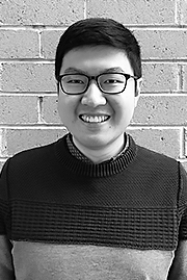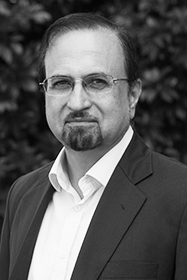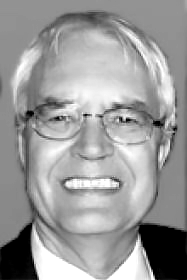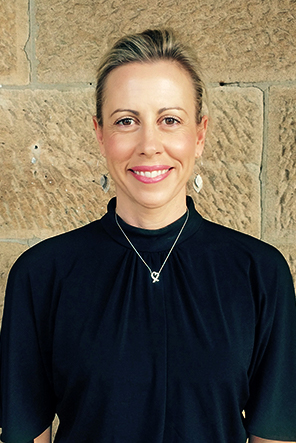HEIDI DOUGLASS | h.douglass@unsw.edu.au
Senior Research Fellow Dr Simone Reppermund and colleagues from UNSW Sydney’s Centre for Healthy Brain Ageing (CHeBA) have been awarded close to $1.3 million to develop an online tool designed to assist in the identification of early stages of dementia.
The funding, awarded by the NHMRC Medical Research Future Fund, will allow for the development, validation and implementation of a new, computerised diagnostic tool to assess instrumental activities of daily living in older people with cognitive impairment.
Instrumental activities of daily living are complex everyday activities necessary to live independently such as shopping or managing medications and finances.
Dr Simone Reppermund
The ability to perform these complex everyday activities declines with progression of cognitive impairment and can already be compromised in individuals with mild cognitive impairment. The loss of independence in these activities is a key factor affecting the quality of life in individuals with dementia and their caregivers.
Functional impairment is one of the diagnostic criteria for dementia and is a defining feature distinguishing mild cognitive impairment from dementia but there is a lack of standardised, evidence-based tools to assess functional ability.
The project, which will address this issue, brings together a strong interdisciplinary team – including CHeBA’s Co-Directors Professor Henry Brodaty and Professor Perminder Sachdev - with a consistent track record in collaborating with government and non-government agencies to establish improved service outcomes for Australians with poor mental health and cognitive disorders, including dementia. The results will be used to inform service development to better meet the needs of people with dementia to get access to appropriate assessments of functional performance.
CHeBA’s translational approach and involvement of many relevant partner organisations - Australian Dementia Network (ADNeT) Memory Clinics, the Prince of Wales Hospital Cognitive Disorders Clinic, the Older People’s Mental Health Service at St Vincent's Health Network, Dementia Australia, and the Agency for Clinical Innovation – will ensure that the diagnostic tool will be accessible in clinical practice immediately after conclusion of the project.
Professor Henry Brodaty said the development of a new tool was necessary to move toward earlier and more reliable identification of early stages of dementia.
“Dementia is defined as cognitive decline interfering with day-to-day function. We can measure cognition directly but to date we rely on someone living with the person being assessed to report how the person functions. This can be unreliable and subjective," said Professor Brodaty.
The tool that we will develop will be able to assess daily function reliably and objectively. Importantly, it will be designed for practical use by clinicians.”
Professor Henry Brodaty
According to Dr Reppermund the COVID-19 pandemic has shown the importance of online services in many areas, including health and diagnostic services.
“Our online tool can be delivered to individuals living remotely, those who cannot travel to the lab or clinic because of geographical isolation or limited mobility, or during future pandemic-related lockdowns,” said Dr Reppermund.
To read the full list of medical research projects funded by the Morrison Government click here.











